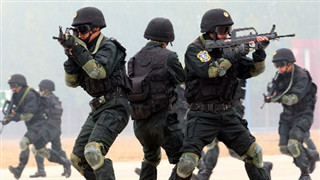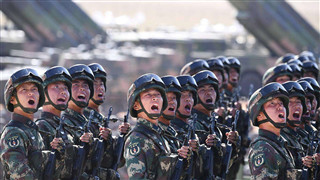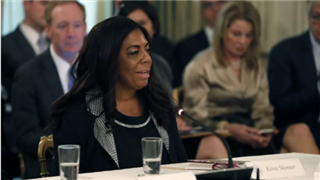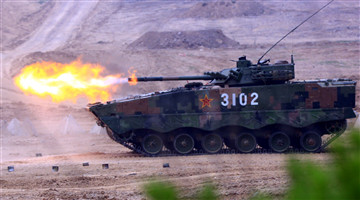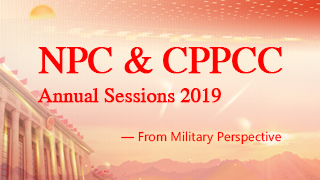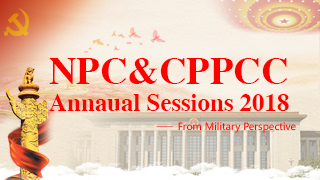US Secretary of State Mike Pompeo traveled to Sochi May 14 to meet with Russian President Vladimir Putin. Russian presidential aide Yury Ushakov said the two sides had a "constructive" discussion and "we confirmed the agreements reached by the two presidents on launching dialogue between our foreign ministry and US Department of State on issues of strategic stability." Ushakov also stressed that there has been no breakthrough in Russian-US relations, but the US has "demonstrated a constructive approach."
Moscow has long wanted to ease relations with the US. Its attitude is simple: Why should the relations be antagonistic? Washington has an additional interest in improving relations with Moscow: To drive a wedge into the comprehensive strategic partnership of coordination between Russia and China and convert Russia from an adversary into a lever to strategically squeeze out Chinese influence.
Beijing's attitude is calm: It wants to see better relations between Russia and the US. Russia is wary of Washington's attempts to sow discords between China and Russia and has never responded to the US side's proposal. For example, when the US tried to bring China into arms control negotiations, Moscow gave Washington the cold shoulder.
In the early 1970s, the US united with China against the Soviet Union. Now China is regarded by the US political elite as the top strategic opponent. Wouldn't it make sense to turn around and unite Russia against China? In Washington policy circles, there are people mulling this idea.
But even they know they can't do it, and so they prefer to settle for the next best thing: Ease relations between the US and Russia, reorient Moscow's strategic anxieties and draw more attention to its differences with China.
Relations between Russia and the US have only gone from growling at each other to being nice to each other. It is currently only an idea at President Trump's level and it is hard to say if the US has begun to form a strategic consensus.
The US still regards Russia's huge nuclear arsenal as a serious threat and is trying to establish an overwhelming military advantage over Russia. The US has not yet stepped away from the NATO thinking of eastward expansion and continues to include anti-Russia countries in eastern Europe into its new strategic territory. In addition, the US maintains huge sanctions against Russia. Trump's desire to eliminate them would be fiercely opposed by the domestic establishment and with elections approaching, it would be almost impossible to do so.
The Sino-Soviet relationship in the 1970s was confrontational. China felt a serious military threat from the Soviet Union and the US and China had a huge common interest in working together. Relations between China and Russia began to strengthen during the years of former Russian President Boris Yeltsin when Russia had good relations with the West. Neither side would compromise its relationship in order to please a third party.
It's true that Beijing would like to see better relations between the US and Russia. We are very confident when we say this.
